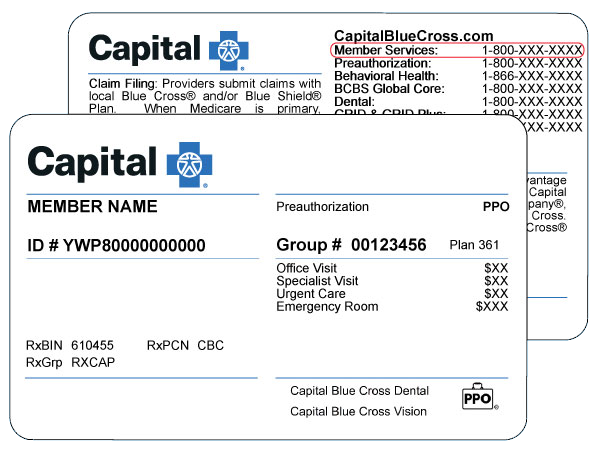The mental wellness and heart disease connection
Mental health is how we think, feel, act, and make choices. But our mental wellness is important to overall health, affecting more than the brain, feelings, and emotions. Mental health disorders can even cause some physical ailments. In fact, the Centers for Disease Control and Prevention (CDC) reports that there are links between mental health disorders and heart disease.

Short- and long-term mental health disorders can:
- Increase heart rate and blood pressure, reduce blood flow to the heart, and raise levels of cortisol (the stress hormone referred to as nature’s “built-in alarm system”).
- Interfere with a person’s mood, behavior, thinking, and ability to relate to others.
- Lead to calcium build-up in the arteries, metabolic disease, and heart disease.
Mental health conditions related to heart disease include:
- Generalized anxiety disorder, social anxiety, panic disorders, and overwhelming fear.
- Chronic or constant stress, which persists over an extended period of time.
- Mood disorders, like major depression or bipolar disorder.
- Substance use disorders.
- Post-traumatic stress disorder (PTSD), which may happen after a traumatic experience, such as war, natural disaster, or other major incidents.
Some people show higher rates of heart disease than others due to existing mental health disorders or social factors. They include:
- Couples where one or both partners have PTSD, which can cause more conflict and anger, increased heart rate, or high blood pressure.
- Veterans, mainly due to PTSD.
- Women, due to PTSD and depression with an increased risk for heart disease.
- Racial and ethnic minority groups, due to disparities in healthcare, racism, and discrimination. These factors can lead to a higher risk of high blood pressure, increased heart rate, heart disease, and poor heart health conditions.
Risk factors increase when a person experiencing a mental health disorder:
- Becomes inactive.
- Does not take prescribed medications.
- Drinks alcohol.
- Smokes.
- Takes a medication that could affect the heart. For instance, some medications have been linked to obesity, diabetes, heart attack, atrial fibrillation, stroke, and death.
The mental health disorder doesn’t always come first.
Mental health disorders also can be affected by the state of the body. For example, people may experience depression and anxiety after a heart attack, heart failure, or stroke. People who experience pain, fear of death or disability, or financial hardship, can also develop mental health disorders.
What can be done
Addressing mental health disorders early is key. It’s important to get help and seek care. Doing so can help support healthy behavior that’s good for the mind and body. Plus exercise, improved diet, and not smoking can reduce a person’s risk of experiencing heart problems.
If you are a Capital Blue Cross member, your plan may include mental wellness services. They range from online therapy services to depression management and more. Call Member Services at the number on the back of your ID card to learn what mental health services your plan covers.
Source:
